 We now turn to the last of The 7 Reasonable Rules of Writing: Writing by inspiration, rather than controlling the performance of the tale. It’s at this hurdle that many writers come a cropper.
We now turn to the last of The 7 Reasonable Rules of Writing: Writing by inspiration, rather than controlling the performance of the tale. It’s at this hurdle that many writers come a cropper.
Why? Because of one word. A four-letter word. A four-letter “F-word.” Fear.
Fear of failure. Writing failure. This is not a natural fear. Many of us can recall the proud day when we first wrote one of our own ideas. (Or, our children’s first writing experiences.) Often, the first composition is an early school assignment, lovingly illustrated in crayon by the young child. No fear there. Here is what I remember:
By the time I was four years old, I had learned to read and write. Then I started kindergarten, and made my first new acquaintance: a school bus seatmate, who was a little blond boy named Danny. I don’t recall what we talked about, but it was so new to share experiences with someone my own age (my sister was almost two years younger than I) that after I came home one afternoon, I wanted to preserve the event for posterity. I found a piece of paper and a pencil, and I wrote, “Danny M. is my” but I didn’t know how to spell “friend.” I knew what to do about that, however, because the word was in one of the storybooks on my toy shelf. I found the book, turned to the page I needed, and carefully copied the word. Then I showed my magnum opus to my mother.
At age 5, I had written my own thought, and even knew how to research and edit my own work. No fear there, either.
So, when does the fear of writing failure begin? I believe it’s when a child is given a writing assignment and is told, This is how you must write. Suddenly there are many rules to be memorized and meticulously applied, to regulate what used to be private property: the voice inside one’s head. The words that were once joyfully absorbed from reading, and subsequently formed spontaneous thoughts, now must be produced upon demand of an authority figure who pronounces judgment on those thoughts – punctuated with a red pencil.
The fear grows as the complexity of the rules and the pressure to follow them increase. Soon the child must write a whole paragraph of words, and do it within a classroom time limit. Then the deadline invades the home: a whole page of paragraphs, due on Monday.
Finally, the child is tasked with producing multiple pages of writing, on a topic about which the child may never have thought deeply enough for thorough understanding, or even to form an opinion. Even worse, those thoughts that the child never had the opportunity to think, must now be presented in advance, in the form of an orderly summary called an “outline.” Neglect the requirements, and face disciplinary action, such as a failing mark for the assignment.
The result is often conditioned compliance. When I was writing my first novel, and mentioned it to a friend, she told me that she’d had a story idea for many years, but she would never have the time to write it, because she’d “have to think it all the way through, first,” and then write it down, from beginning to end.
Writing is therapeutic, and some form of writing should be a part of everyone’s life. It should be accomplished in whatever manner makes it easy, enjoyable, encourages creativity, communicates clearly, and adds to the meaning or beauty of existence. Any theory or practice that prevents someone from achieving these goals – especially, anything that inhibits writing – should be abandoned.
That’s why I’m a pantser. Planning my writing is anathema: my brain just doesn’t work that way. I have outlined only under duress (while I was in public school, and for one university English Composition assignment). This means that I had to hurry and write the papers in advance, and then analyze them, to extract an outline. No teacher ever knew the difference, and because my papers were done early, I had plenty of time to proofread and polish them. I never had to outline a graduate school paper, so I pantsed all of them, too. All of my academic writing received the highest marks.
I pantsed Irish Firebrands. I wrote what I felt like writing: beginnings, middles and ends of scenes. I wrote the end of the story before I was sure about the beginning. I edited as I wrote, eventually all the holes zipped shut, and I never suffered from writer’s block.
Should all writers unilaterally adopt these habits? Perhaps not, because we’re not clones (for which fact, people of faith will thank God, fasting), and all people have differing psychological needs which their writing must serve. Moreover, the degree to which a writer “pants” or plots depends the most on the fictional lives that are being chronicled – and life doesn’t follow rules.
But too many writers feel rule-induced insecurity about their writing: a state of affairs that avant-garde gurus and publishing gatekeepers ruthlessly exploit, issuing dire warnings about undisciplined Indie Authors, and the need for Indies to submit to expert evaluation and control. Nevertheless, if you don’t like to outline or plot, but feel forced to do it; if you do have an outline or plot and feel uneasy when your characters deviate from it; if you frequently suffer from writer’s block – you may be more of a pantser than a plotter, and will write better (and write more enjoyably) with less control.
The only rules that matter are the ones that affect the ability of Written Art to communicate: The 7 Reasonable Rules of Writing. Any literate person can master them. Writing is neither brain surgery nor rocket science, but it’s also not like herding cats. As long as you achieve clear artistic communication, you are free to follow your Muse.
 Michelangelo had to sculpt Mary much larger than the life-sized Christ, in order for his composition of the Pietà to work.* This is not considered to be an error, but is called “artistic license.” The sculpture is successful because it communicates. Authors are Artists, too, and we’re entitled to exercise our own artistic liberties. We can adopt the philosophy of the late landscape artist Bob Ross: “We don’t make mistakes. We have happy accidents.”
Michelangelo had to sculpt Mary much larger than the life-sized Christ, in order for his composition of the Pietà to work.* This is not considered to be an error, but is called “artistic license.” The sculpture is successful because it communicates. Authors are Artists, too, and we’re entitled to exercise our own artistic liberties. We can adopt the philosophy of the late landscape artist Bob Ross: “We don’t make mistakes. We have happy accidents.”
I have no idea how much rehearsal went into polishing the mirror pantomime scene from the Marx Brothers’ motion picture Duck Soup, but like editing a story, it had to be a considerable amount. What I do know, is that all three Marx Brothers were well over age 40 when they made the film: gleefully cavorting for the camera regardless of possible opinions about appropriate acting roles for middle-aged men. The film might not have garnered critical acclaim, and it might not have made much money, but at least, they’d had fun “trying to get a laugh.” If Actors can have fun performing their Art, why must Authors fear performing our Art?
If we’re not having fun, we’re not doing it right.
I’ll be looking for you, on the other side of the mirror….
…
* Michelangelo also had to assert copyright for the Pietà. When he overheard people arguing about which artist had produced the piece, he went back that night and carved his name into one of the straps securing Mary’s garment.


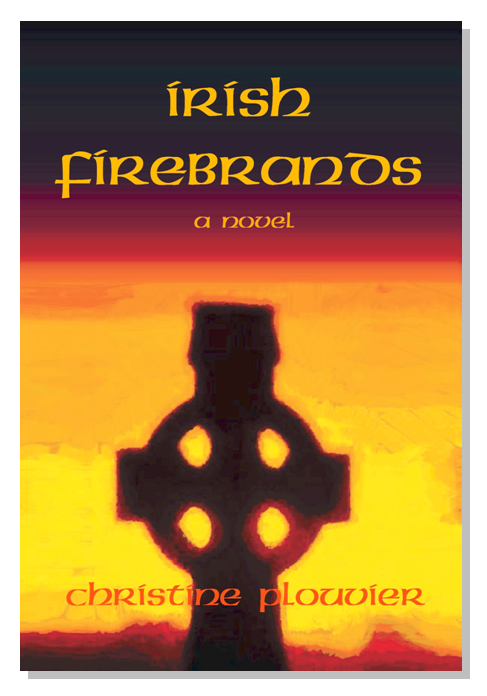
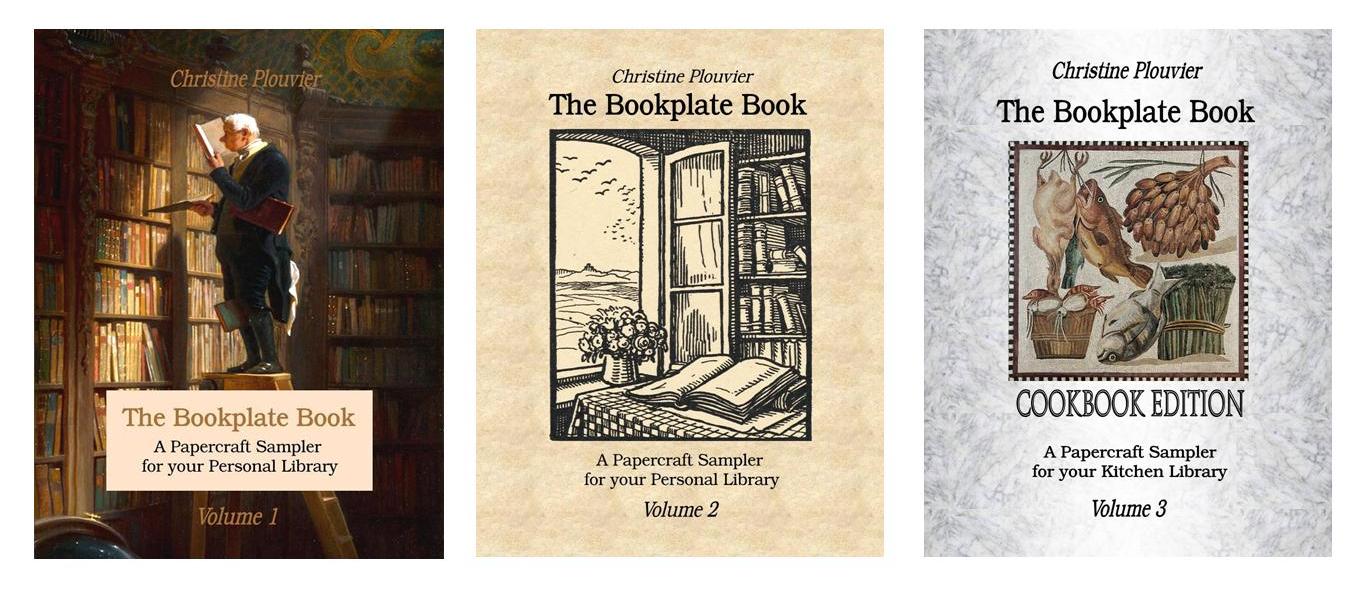


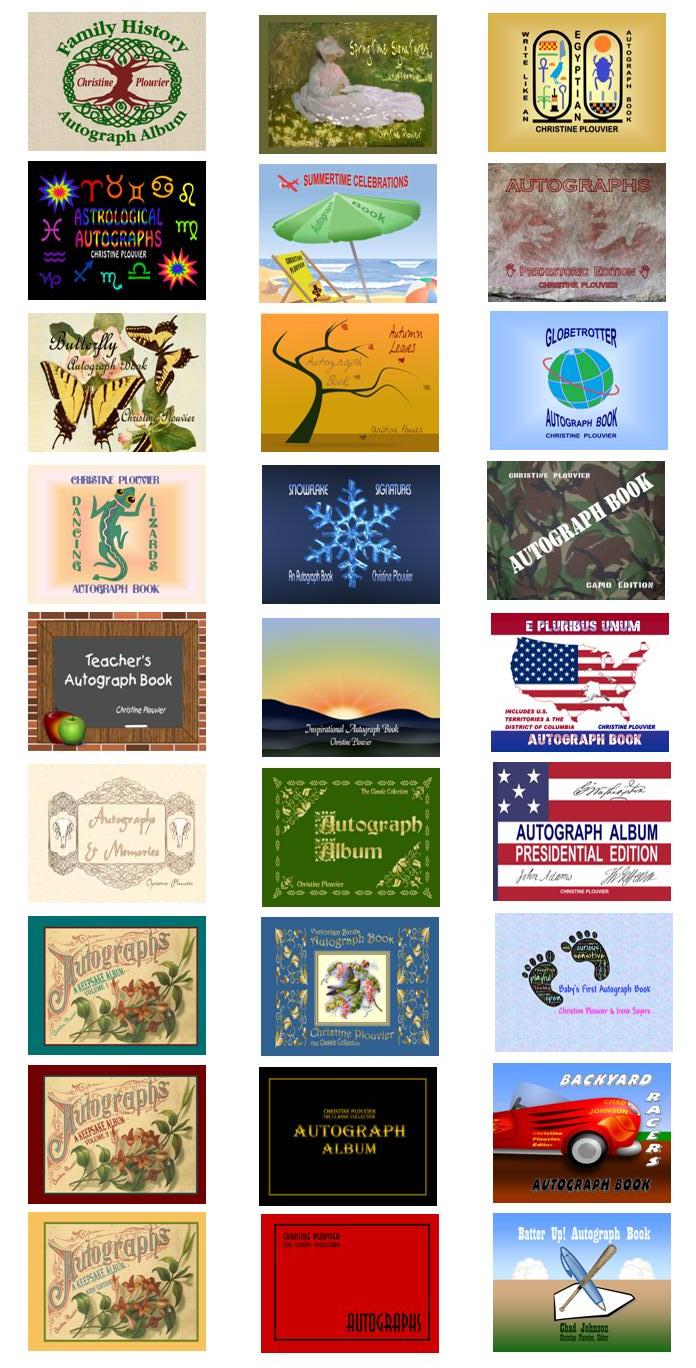

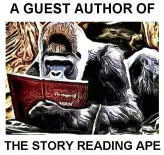

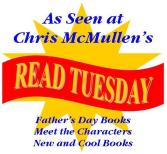
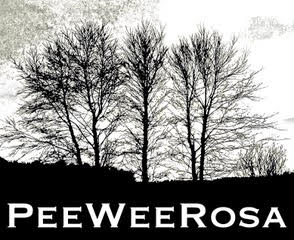



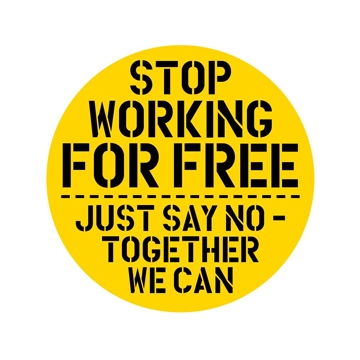




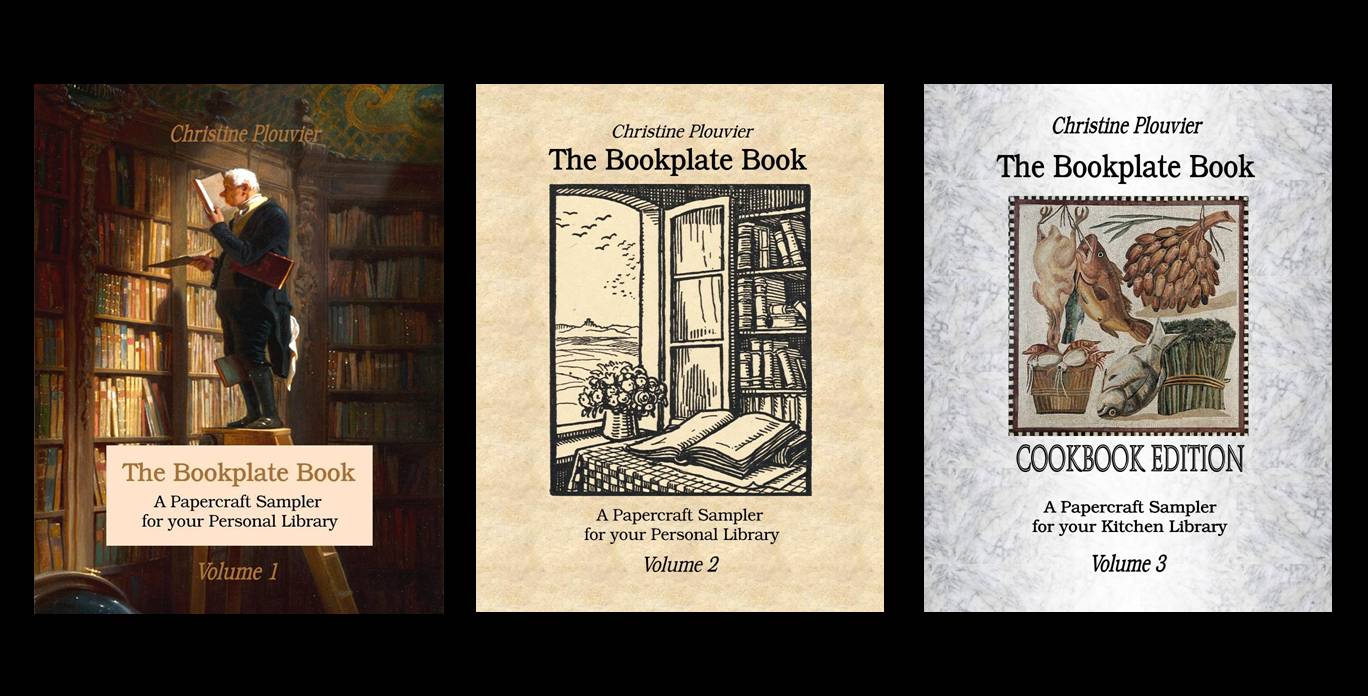

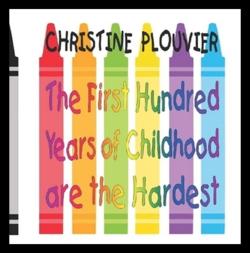
I never would have thought you were a pantser! Not after reading your thoroughly thorough editing process! I really enjoyed your post, and I think you are so right! We are made to feel apologetic about our ‘art’ because we are Indies… you don’t get that in any other artistic field; painting, sculpting, acting, singing, music, dancing… just in writing! Other art forms celebrate the Indie for bringing something new and fresh. Pity the writing business can’t do the same… we are expected to give it away for free, or for a review, or else die a literary death lol!
LikeLiked by 1 person
Oh, I’m a dyed-in-the-wool pantser, all right. I’m just not the kind who saddles up an idea and rides off hell-bent-for-leather, without looking back until the end of the first draft, and then starts to edit. That sort of pre-writing is too similar to outlining, and would leave me with too big a mountain of editing (which may be why a lot of writers bail out on their manuscripts). So, I “pants” by watching my characters and writing whatever I observe, backtracking to fix typos and grammar, and to zip up holes. Because I’m not trying to force linear thinking (remember my Spirograph post?), there’s always something to do – including research 🙂 – so I never get writer’s block. At “The End,” because I’ve already done most of the re-writing, I’m just left with looking for the glitches described in “The Joys of Editing.”
And you’re spot on, about the apologies. One of our Indie mottoes should be, “Non, je ne regrette rien!” Thanks, Ali!
LikeLike
Dare I say it, but thats quite similar to the way I work too. Cant start a new days writing without reviewing and editing the previous day’s work. It gets me in the right frame of mind, no continuity problems and typos etc dealt with. I dont do anything major at that point though… that comes later.
You motto suggestion… excellent, I like it! (Thats gonna stay in my head all night, tonight!!!)
LikeLiked by 1 person
What a great post, thanks! As a new Indie fiction writer, I do have that fear of not doing it right because I am a novice and also, under an even keener public/professional eye because I want to self-publish (I think). So for now, I have taken to outlining. It’s a slow process as I am learning the craft of fiction writing through each step, but I feel that it is teaching me a lot and that my writing will be more quality because of it. However, I do want to lessen the restraints on my creativity on the next novel. I am hoping that I can apply what I learned this go-around and write more freely. Thanks for your advice!
LikeLike
Thanks, Kim! Indies can reclaim peace of mind and happiness in writing, by rejecting the publishing industry propaganda that Writing is a craft. A craft is an object that’s created to perform a specific, tangible purpose. If a craft worker follows the rules of the craft and makes the object “right,” it will serve its purpose, and someone is guaranteed to buy it. Writing is an Art. Art, however it’s created, performs only the intangible function of communication. A work of Art, done “right,” will communicate its message, but there’s no guarantee that anyone will buy it.
The ploy of calling Writing a craft, keeps Writers hoping that if they’ve followed the “rules” that the writing gurus and gatekeepers say are “right” (advice that usually carries a high price), their works are guaranteed to sell. But writing books is not like weaving baskets. Craft can be evaluated objectively (does it do its job?), but Art must be evaluated subjectively (do I like the message?). Our challenge is to help people understand that they need to have Written Art in their lives, and that we, the Author-Artists, are here to meet that need.
Let go of “craft-rules” fear! You’re creating Art!
LikeLiked by 1 person
Thanks for the great advice, Christine. I really appreciate your time in sharing with me! I figure after enough research and learning from others that I will figure out what writing techniques work best for me. Thanks again. 🙂
LikeLiked by 1 person
That’s the spirit! Find your voice, and write what you want to write, however you want to write it. Remember Matisse! (see my post at http://wp.me/p30cCH-J2 )
LikeLiked by 1 person
First of all, I love, love, love the story of your childhood magnum opus! I hope your mother saved that piece of your history. And I hope you and Danny M. remained friends. 🙂 (If you’d have said he was Danny P., I’d have loved to have assumed he was Mr. Plouvier and you ended up married to him.)
This post rang more true for me than you could know. I wrote seven novels in a row without much thought and with no breaks in between. It was only after I was done that I started researching and learning all the current “rules” of writing. I then went back and edited everything. And while I definitely feel the stories are much more polished with (most of) the “rules” in place, I recently started to try to write number eight and I froze! Literally, I couldn’t get past chapter one. I was so scared by The Rules that I couldn’t open up the creative part of my mind and just bleed the story. I had too much of a fear of words to tell anything. I eventually scrapped what I had written and decided to start on a different story idea (which is so far no more than a page of notes).
I mean no offense to any of my other friends that write, but, Christine, I definitely respect your opinion the most on the subject of writing. I love the way your brain works and your post here is very encouraging. Thank you for sharing your wonderful feelings on the subject of writing as well as The Rules. 🙂
LikeLiked by 1 person
Sadly, only two pieces of work from that era of my creative life still exist, and my “story” about my friend isn’t one of them. Also, I remember nothing more about Danny. I went to a small, rural elementary school, so if he didn’t move away, we’d have shared other classrooms, but I don’t recognize his face in the group photos from other years.
Ah, Rachel, you incurable romantic! 😉 My lovely French surname happens to be my own, and because there are so few of us in the USA, if you ever meet anyone else of that name (including if it’s spelled with a Z instead of an R), my genealogical research indicates that we are related, although we may not be personally acquainted.
I’m pleased to have earned your trust in matters of writing. I hope that you’ll soon recover from the rule-paralysis that’s afflicted you, and return to your writing with renewed confidence in your creativity. We’re all eagerly awaiting your reports from the Parallel Universe! 🙂
LikeLiked by 1 person
Aww, that makes me sad that you didn’t see Danny again. And here I had you two going to the junior prom together and only parting ways for college. 🙂 Yes, I am an incurable romantic which is why I’ve got to find out what happens between Lana and Dillon! LOL!
LikeLiked by 1 person
Reblogged this on O LADO ESCURO DA LUA.
LikeLike